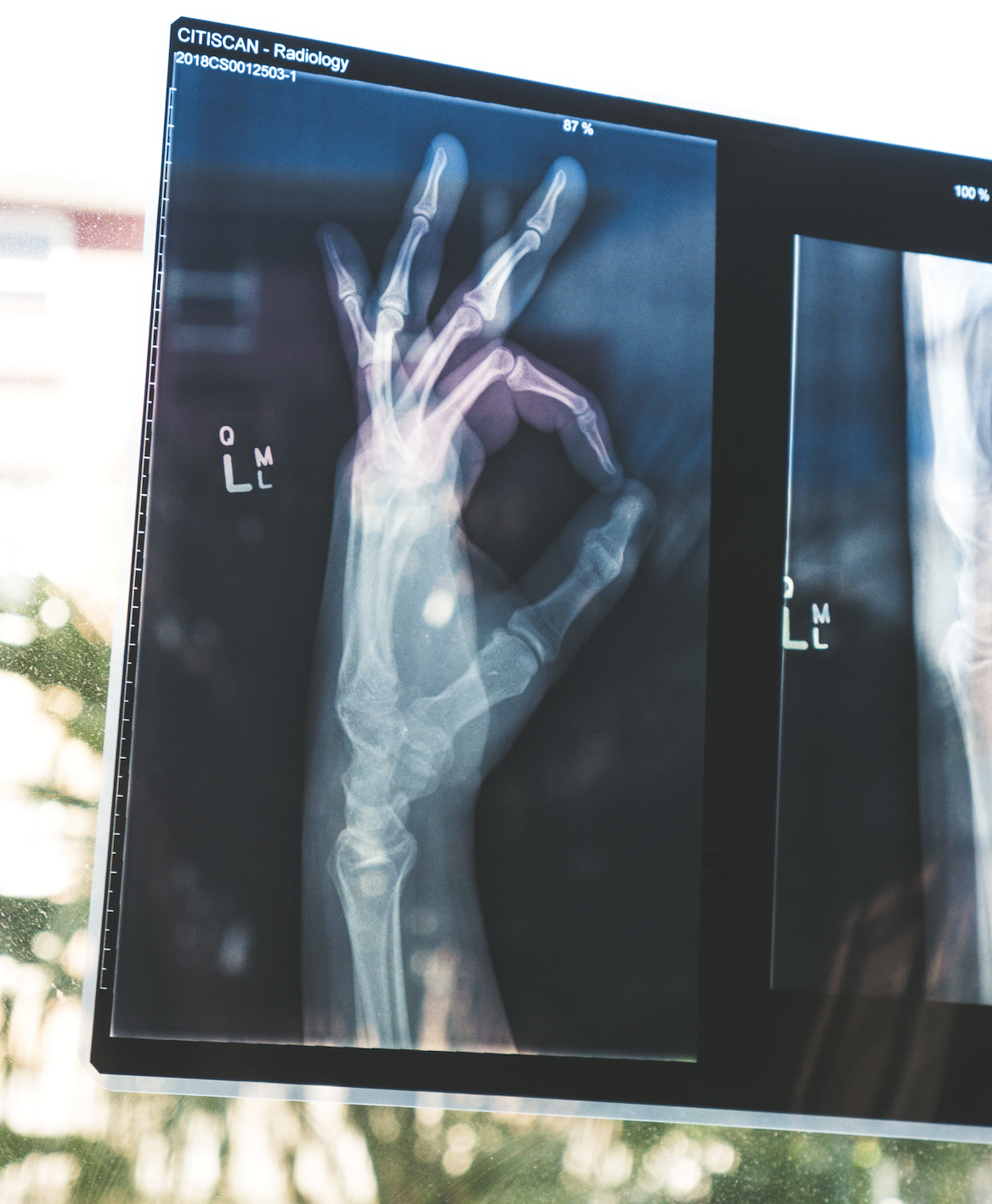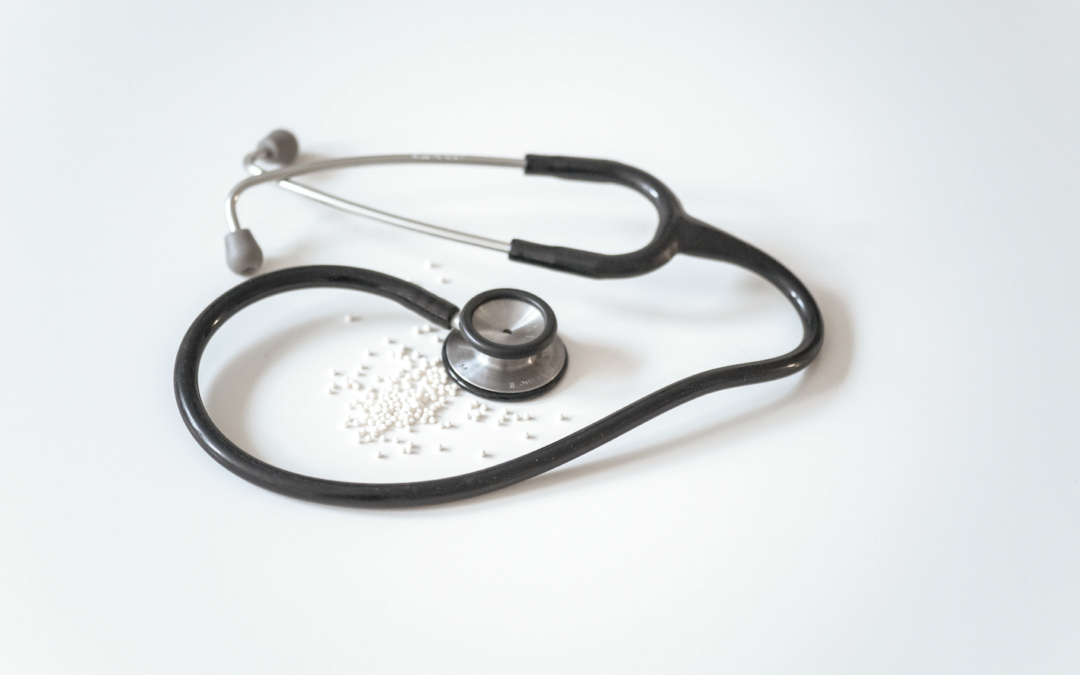We were all shocked watching Denmark’s Christian Eriksen collapsed on the pitch near the end of the first half during Saturday’s Group B match against Finland at the 2020 European Championship in Copenhagen. Our thoughts and prayers are with Christian and his family.
Eriksen was “clearly passed out and unconscious” and was given CPR on the field.
Fortuned the Danish midfielder is reportedly stable after collapsing. Eriksen was down for a number of 3 minutes while the medical staff worked to resuscitate him and he has been taken to the hospital. Crucial are the first 6 minutes after collapsing cardiologists say for recovering.

It’s better to prevent an illness than to have to treat it. That’s why regular checkups are essential, no matter what kind of sports your practicing.
Routinely evaluating your risk factors for various medical conditions, screening for cancer and other diseases, and assessing your lifestyle habits helps you stay healthy while reducing your risk of chronic or life-threatening diseases.
How often should adults get a checkup?
The recommendations regarding the frequency of routine checkups are based on your age, risk factors, and current health status.
While opinions vary, routine checkups with your doctor are generally recommended as follows:
- once every 3 years if you’re under the age of 50 and in good health
- once a year once you turn 50
If you have a chronic disease, like diabetes or COPD for instance, you should see your doctor more frequently, no matter how old you are.
Your doctor may suggest more or less time between your checkups based on your risk factors, screening test results, and current health status.

Annual Physical Exam: The Basics
The physical exam is an essential part of any doctor’s visit. Surprisingly, though, there are no absolutes in a routine physical. A good doctor may be thorough or brief, but they will spend time listening to your concerns and providing counseling for your particular complaints and risk factors.
Annual exams usually check your:
History. This is your chance to mention any complaints or concerns about your health. Your doctor will also likely quiz you about lifestyle behaviors like smoking, excessive alcohol use, sexual health, diet, and exercise. The doctor will also check on your vaccination status and update your personal and family medical history.

Vital Signs. These are some vital signs checked by your doctor:
- Blood pressure: Less than 120 over less than 80 is a normal blood pressure. Doctors define high blood pressure (hypertension) as 130 over 80 or higher.
- Heart rate: Values between 60 and 100 are considered normal. Many healthy people have heartrates slower than 60, however.
- Respiration rate: From 12 to 16 breaths per minute is normal for a healthy adult. Breathing more than 20 times per minute can suggest heart or lung problems.
- Temperature: 98.6 degrees Fahrenheit is the average, but healthy people can have resting temperatures slightly higher or lower.
General Appearance. Your doctor gathers a large amount of information about you and your health just by watching and talking to you. How is your memory and mental quickness? Does your skinappear healthy? Can you easily stand and walk?

Heart Exam. Listening to your heart with a stethoscope, a doctor might detect an irregular heartbeat, a heart murmur, or other clues to heart disease.
Lung Exam. Using a stethoscope, a doctor listens for crackles, wheezes, or decreased breath sounds. These and other sounds are clues to the presence of heart or lung disease.
Head and Neck Exam. Opening up and saying “ah” shows off your throat and tonsils. The quality of your teeth and gums also provides information about your overall health. Ears, nose, sinuses, eyes, lymph nodes, thyroid, and carotid arteries may also be examined.
Abdominal Exam. Your doctor can use a range of examination techniques including tapping your abdomen to detect liver size and presence of abdominal fluid, listening for bowel sounds with a stethoscope, and palpating for tenderness.Neurological Exam. Nerves, muscle strength, reflexes, balance, and mental state may be assessed.
Dermatological Exam. Skin and nail findings could indicate a dermatological problem or disease somewhere else in the body.
Extremities Exam. Your doctor will look for physical and sensory changes. Pulses can be checked in your arms and legs. Examining joints can assess for abnormalities.
A true love for health


Recent Comments